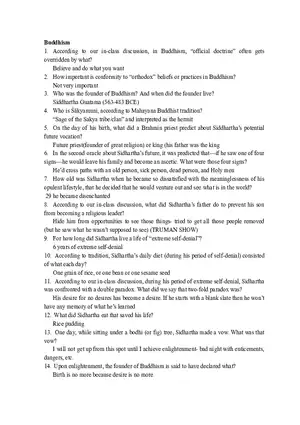Lecture Note
Deposition of Thomas de Amanatis of Pistoia
-
University:
California State University, Northridge -
Course:
RS 100 | Introduction to Religious Studies Academic year:
2013
-
Views:
481
Pages:
2
Author:
Zander Ortega
Report
Tell us what’s wrong with it:
Thanks, got it!
We will moderate it soon!
Report
Tell us what’s wrong with it:
Free up your schedule!
Our EduBirdie Experts Are Here for You 24/7! Just fill out a form and let us know how we can assist you.
Take 5 seconds to unlock
Enter your email below and get instant access to your document








